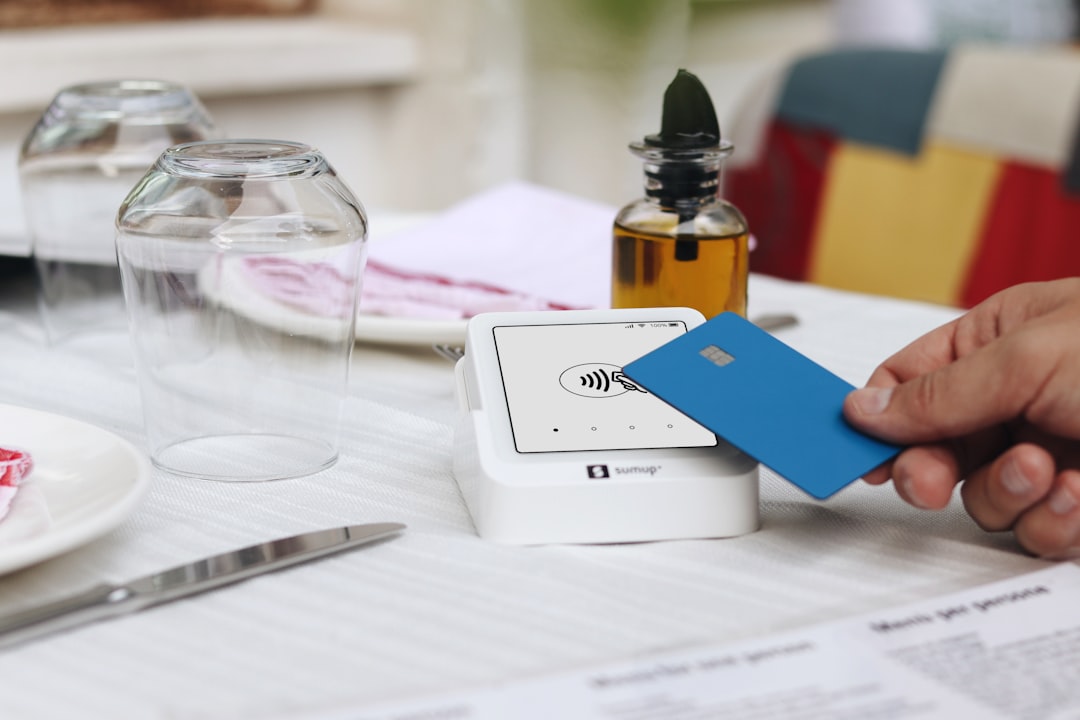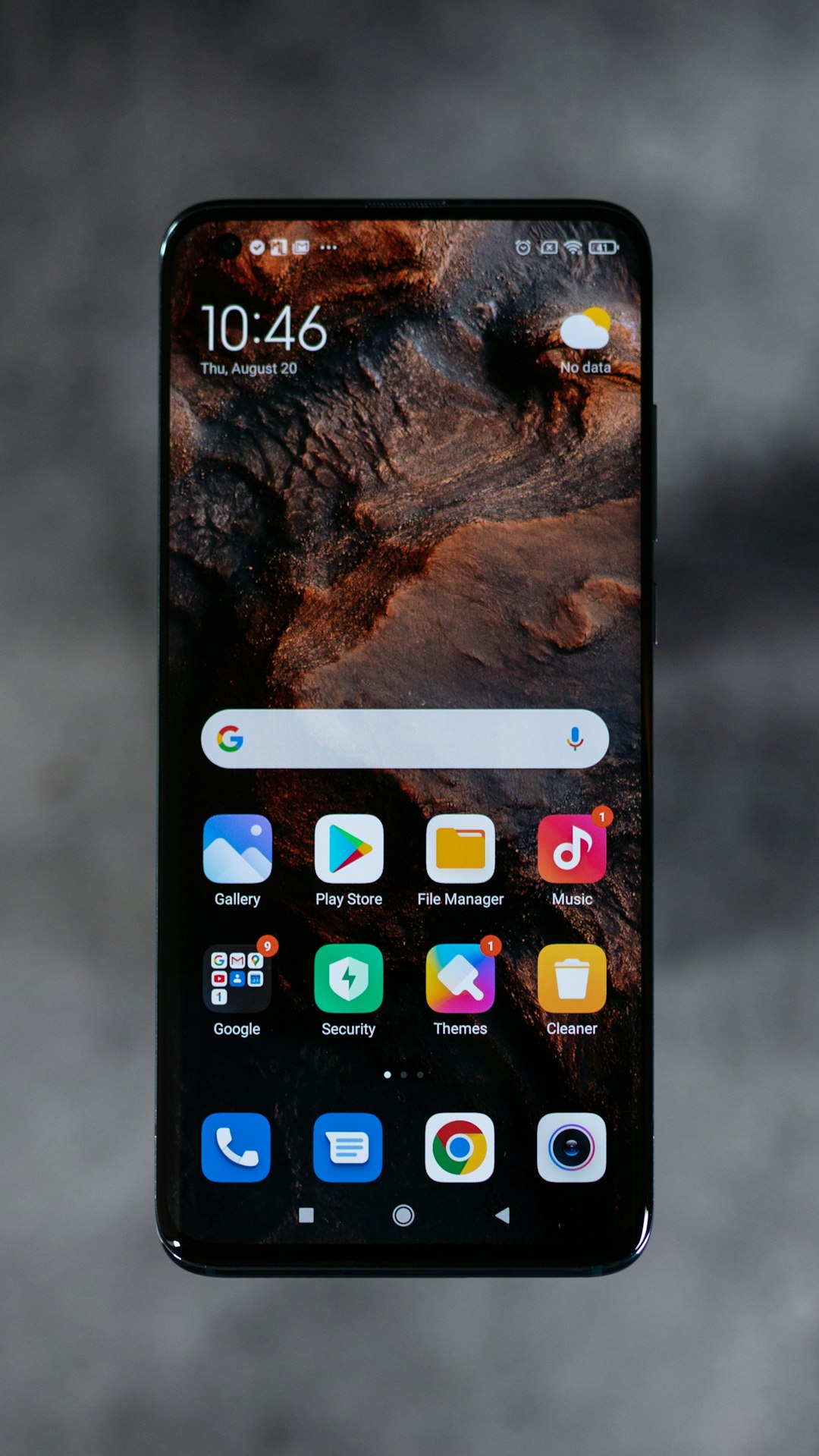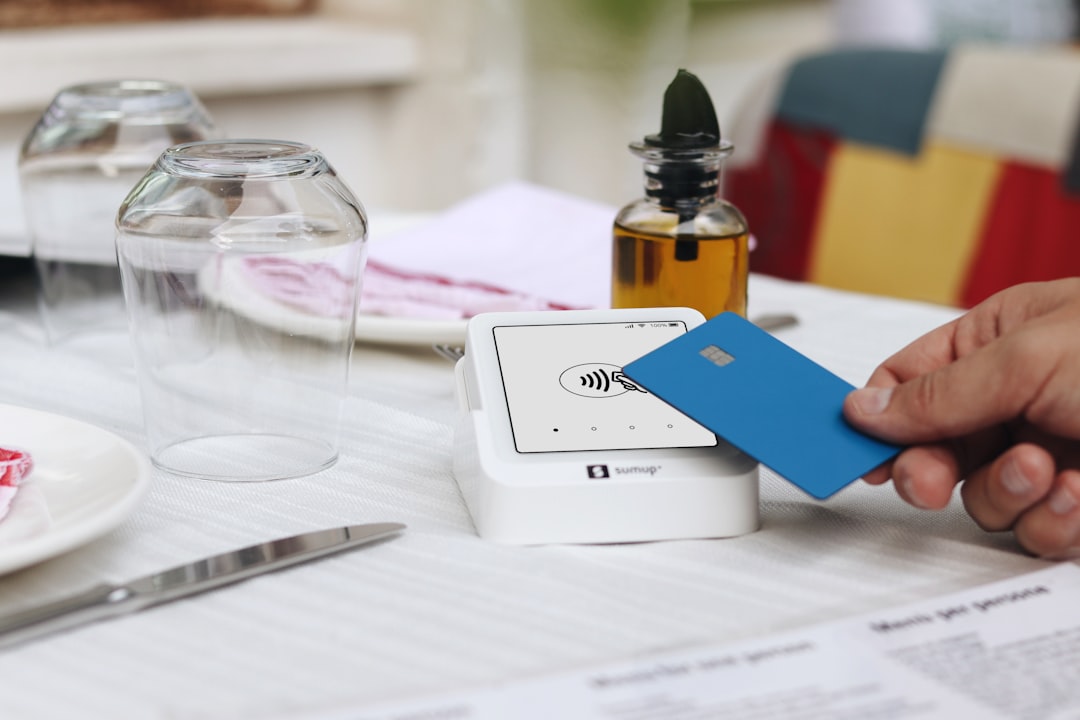In New Jersey, spam calls—bulk marketing calls without consent using automated systems—are illegal under the Telephone Consumer Protection Act (TCPA). Consumers should document such incidents and consult a spam call lawyer in New Jersey for their rights. Legal options include filing complaints, seeking damages for emotional distress, or taking action against spammers, with potential penalties for offenders.
In the digital age, no one is immune to the nuisance of spam calls. New Jersey has taken significant steps to protect its residents from these relentless invasions of privacy. This article delves into the legal landscape surrounding spam calls in NJ, exploring what constitutes a spam call under the law and the rights available to victims. Understanding your options as a spam call victim is crucial, especially when considering hiring a dedicated spam call Lawyer New Jersey for legal recourse.
What Constitutes a Spam Call?

A “spam call” is broadly defined as an unsolicited phone call made in bulk to promote a product or service, often using automated dialing systems and prerecorded messages. In New Jersey, these calls are subject to strict regulations designed to protect consumers from intrusive and deceptive practices. A spam call lawyer in New Jersey can help you understand the legal definitions and specifics that determine whether a particular phone call constitutes a spam call under state laws.
Key factors that contribute to identifying a spam call include lack of prior consent from the recipient, use of automated dialing equipment, prerecorded or artificial voices, and calls made with the intent to harass, abuse, or mislead. Given the increasing sophistication of telemarketing techniques, it’s crucial for consumers to be aware of their rights and seek legal counsel from a spam call lawyer in New Jersey if they believe they’ve been the target of such unauthorized and nuisance calls.
Legal Framework Against Spam Calls in New Jersey

In New Jersey, the legal framework against spam calls is robust and designed to protect residents from unwanted and deceptive telemarketing practices. The state has implemented stringent regulations that govern how businesses can contact consumers by phone, with a particular focus on preventing nuisance calls. A key piece of legislation in this regard is the Telephone Consumer Protection Act (TCPA), which limits the number of automated or prerecorded messages sent to residents without their prior express consent.
New Jersey’s Attorney General’s Office actively enforces these laws and has taken action against companies found guilty of spamming. Consumers who experience excessive or harassing spam calls can file a complaint with the office, and a successful lawsuit may result in substantial financial penalties for violators. Engaging a spam call lawyer in New Jersey can help individuals and businesses understand their rights under these regulations and navigate any legal issues that arise from suspected violations.
Rights and Remedies for Victims of Spam Calls

Victims of spam calls in New Jersey have several rights and legal remedies available to them. According to state laws, it is illegal for any person or entity to make telephone solicitations using automated, prerecorded, or artificial voices unless certain conditions are met. If you’ve received unwanted spam calls, a qualified spam call Lawyer New Jersey can help you understand your options.
These may include filing a complaint with the Federal Trade Commission (FTC) or the New Jersey Attorney General’s Office, seeking damages for emotional distress, and even pursuing legal action against the offending party. It’s important to document each spam call, including dates, times, and any details about the caller, as this information can be crucial in proving your case.






